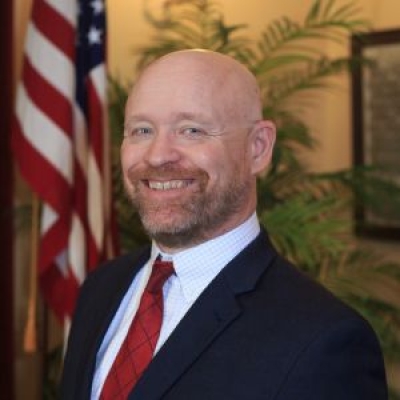Last week, School Choice Ohio sued two Ohio school districts for their failure to comply with a public-records request. The organization is seeking directory information for students eligible for the EdChoice Scholarship Program from the Cincinnati and Springfield Public Schools. Actions to enforce public-records requests are rarely exciting, but the outcome of SCO’s effort could have important ramifications for tens of thousands of students and their families across the state.
Despite being a national leader in providing private-school choice options to students—Ohio has five separate voucher programs—there isn’t an established mechanism for informing families eligible for the EdChoice Scholarship program (Ohio’s largest voucher initiative) about their eligibility. The law doesn’t require school districts or the Ohio Department of Education to perform this vital function.
Enter School Choice Ohio (SCO), a Columbus-based nonprofit organization, which has worked tirelessly since the beginning of the EdChoice program to conduct outreach to families across the Buckeye State who are eligible to send their child to a private school via a voucher. SCO typically sends postcards and makes phone calls letting families know that their children may be eligible, giving them a toll-free number to call for an information packet and answering any questions families may have about eligibility and the private-school options in their area.
This is critical work, as the EdChoice Scholarship is designed to provide students in Ohio’s very lowest-performing schools the option to attend a private school.
To conduct this outreach, SCO makes a public-records request for directory information to superintendents of school districts whose students are eligible for the EdChoice Scholarship. “Directory information” can encompass a number of district-chosen parameters but typically includes a student’s name, address, phone number, grade level, and school-building assignment. It is the kind of information you might find in a student directory handed out to families along with a student handbook at the start of each school year.
The statutory language clearly states that if directory information is collected and distributed at all, it is a public record that can be requested by a nonprofit as long as it isn’t “for use in a profit-making plan or activity.” In other words, as long as it’s for a nonprofit exactly like SCO.
How do we know all this? We both worked at SCO for many years, making these public-records requests and helping interested families contacted via directory information.
In the main, districts grudgingly but professionally complied with public-records requests for directory information. One perennial resistor to SCO’s public records requests was Cincinnati City Schools. Every year they would send back a letter through their lawyer saying, in essence, “We know we’re supposed to collect directory information, but we don’t so we can’t give it to you.”
That means thousands of Cincinnati families every year whose children were eligible for a scholarship to a private school of their choice stayed put in their bottom-of-the-heap school simply because they didn’t know another option existed.
Springfield, meanwhile, has collected directory information of the type SCO requests, and they have provided it to SCO in the past. However, as the Springfield News-Sun notes, the board passed a policy change in 2013 which redefined “directory information” to remove anything that would identify a student and so they could not comply with SCO’s latest request.
Unfazed by its own policy constraints, the district continued releasing identifiable directory information to what it calls its “partners” after the policy change. When asked about the legal action last week, Springfield Superintendent David Estrop said, “We are trying to protect our own students from false and inaccurate information.” The characterization of SCO’s work aside, such ad hoc provision of data is not allowed under Ohio’s public-records law. Hence, SCO’s legal action.
We commend SCO for taking this bold and much-needed action. The EdChoice Scholarship program provides opportunities to some of Ohio’s most disadvantaged students who, through no fault of their own, have been assigned to a school that is not, under the state’s criteria, effectively educating its students. To deny these students and their parents information about their private-school options strikes us as a particularly low blow. If SCO isn’t successful, we’d urge the legislature to say enough is enough and to step in and require either school districts or (preferably) ODE to notify these families of their eligibility. After all, in Ohio, when your local school isn’t performing well, you have a choice. You deserve to know about it.




